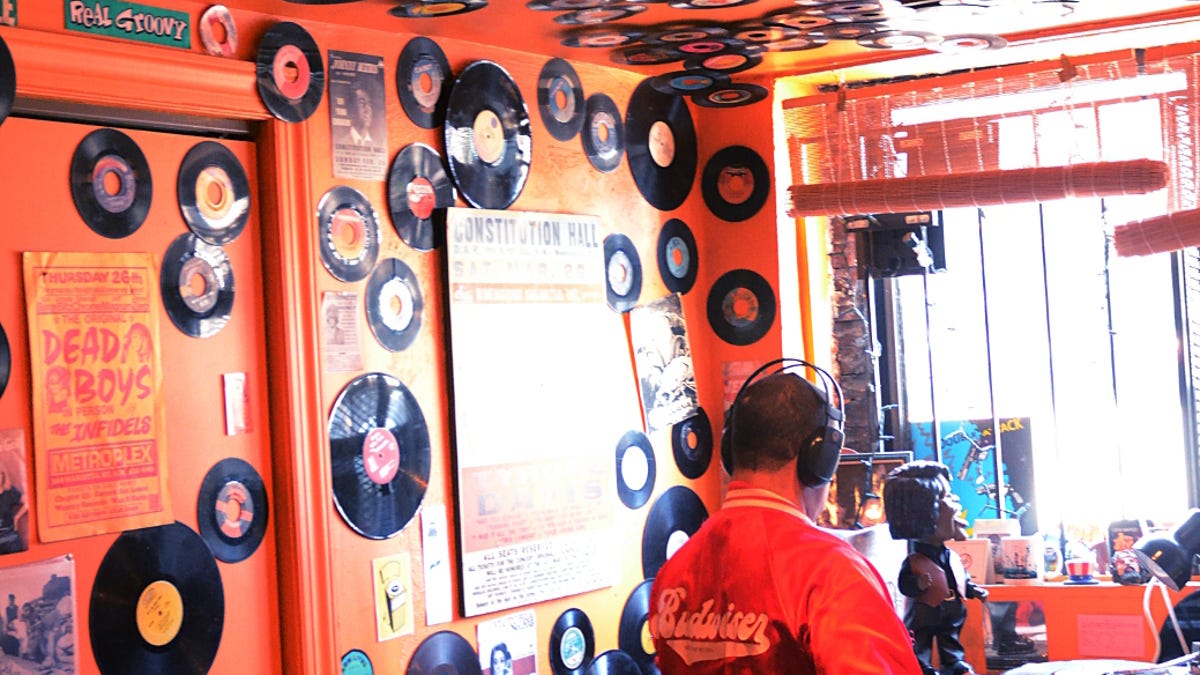Google, Yahoo accused of funding piracy
The University of Southern California releases a report critical of companies whose ads end up on sites accused of pirating music and movies.

Google and Yahoo's advertising networks are accused of financially supporting those who pirate music and movies online, according to a report from the University of Southern California.
The school's Annenberg Innovation Lab studied which ad networks placed the most ads on sites accused of infringing music and film copyrights and today issued a list of the top 10. Google is No. 2, and Yahoo came in at No. 6.
OpenX, a company based in Pasadena, Calif., that supplies digital and mobile advertising tools, was the top advertiser on pirate sites, the report said. To help compile the list of the "top infringing sites," USC used Google's own Transparency Report, which lists the names of the sites that receive the most requests from copyright owners to remove infringing content.
Google told CNET that it hadn't seen the report but that it was a mistake to suggest the company's ads are a major source of funds for pirate sites, saying: "The complexity of online advertising has led some to conclude incorrectly that the mere presence of any Google code on a site means financial support from Google."
Entertainment companies are trying to hit pirates in the wallet. The trade groups of the largest film and music companies have pressured Google for years to tweak its search rankings and ad networks to help choke off traffic and funds to pirates.
Google, which now sells movies and music as part of Google Play (the successor to the Android Market) and YouTube, has acquiesced in some ways, such as removing millions of URLs to pirated content from its search function. The entertainment sector has applauded the efforts, but they want Google to keep going.
USC, which has long had strong ties to Hollywood and the television sector, isn't planning to stop. The school plans to issue a report on the top 10 offending ad networks every month. Jonathan Taplin, a former film industry executive, told the Los Angeles Times that the report is designed to alert reputable companies that some of their ads are being served on pirate sites.
"All musicians know...why their incomes have plummeted," Taplin said. "Everyone knows piracy has destroyed the music business."
Below is USC's full list of ad networks that place the most ads on pirate sites.
1. Openx
2. Google (including Double Click)
3. Exoclick
4. Sumotorrent
5. Propellerads
6. Yahoo (including Right Media)
7. Quantcast
8. Media Shakers
9. Yesads
10. Infolinks
Update, 8:06 a.m. PT. To include Yahoo's response.
Yahoo said in a statement: "Right Media has long standing policies of prohibiting certain types of content and behavior from our Exchange, as part of our commitment to creating a safe and healthy marketplace for our customers and their end users. Our customers are contractually obligated to comply with our Exchange policies, which specifically prohibit introducing content that appears to promote unauthorized use or reproduction of material that is covered by copyright law. We take several active steps to enforce this policy using a combination of targeting technology and human intervention to locate, isolate and eliminate suspect sites. Once we detect sites that violate Exchange Policies, we block them from receiving ads via the Exchange immediately. When we are notified about ads serving via the Right Media Exchange on sites that violate laws or Exchange Policies, we investigate and block the sites as appropriate."

